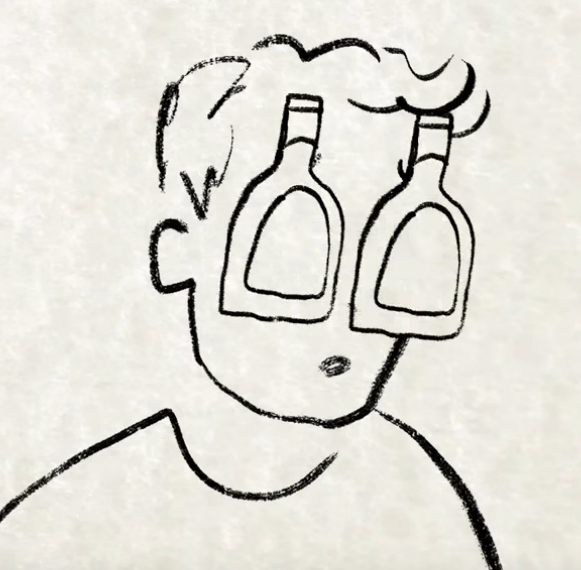Went to my uncles cabin in the woods for a few days to relax, he’s got the box set of the show and decided to give it a rewatch, was a pretty big fan in college. Got through like 3 episodes and shut it off.
Yes, Whedon is a creepy and maybe knowing that affecting my judgment, but honestly does feel like I’m noticing things my younger brain didn’t. A lot of the dialog seems overwritten, some of the “quirky” shit the characters do comes off more obnoxious than endearing, also the story is giving me weird AnCap vibes. I mean yeah the Alliance clearly is pretty evil but we never get much explanation as to what the Brown Coats political program is, why did they want to succeed? Them being confederate coded sure as shit doesn’t help.
Also, it almost leans TOO much into the whole western asethic sometimes, to the point I find it unbelievable. Okay, sure, humanity hastily colonized some planets and now some have regressed into SciFi Deadwood, I can dig that. But like, people on horses with cowboy hats seems a bit too comic for me.
Idk, just some random observations.
Edit: oh yeah and the intro song fucking sucks. That was something I thought even back when I liked the show.


Not written by a marxist, but the TTRPG setting Transhuman Space, has essentially this within the Solar System. By 2100, advanced biotech and AI allow space colonization, with China dominating Mars and Weird Space AnCaps infesting the asteroid belt to do biological crimes. It manages to be fairly neutrally presented.
An example from the setting encyclopedia:
Nanosocialism
This was a political philosophy developed (under then name “information socialism”) by the Australian academic Kyle Porters in 2034. Originally from the left-anarchist tradition, Porters felt that the vision of a pure anarchosocialist society was unrealistic. Nevertheless, he observed that although modern civilization was utterly dependent on information technologies, the central notion of “intellectual property” often gave rise to significant injustice. He believed that only the state could properly reward innovation, while still distributing the benefits of such innovation fairly to all.
Infosocialism thus began with the premise that “information needs to be free,” but redefined freedom as the nationalization of intellectual property and its free distribution by the state. Thus, the government does not award patents, but subsidizes research and creative endeavor. This is less absurd when one imagines a “university” rather than “corporate” model of research and development.
Infosocialist doctrine failed to take hold in the hyperdeveloped nations and instead took root in less-developed nations, many of whom felt that they were being exploited by wealthier corporations’ locks on major genetic patents, nanotechnology designs, and software systems. Infosocialism – later known as nanosocialism – gained power in Peru, Indonesia, and Thailand.
One of the policies of nanosocialism was an end to the enforcement of international copyright agreements and trademarks. The sanctions that resulted provoked a backlash, and helped weld the nanosocialist countries into a tighter (and increasingly paranoid) bloc. This culminated in the Pacific War and the overthrow of nanosocialist governments in Vietnam and Thailand.
Despite that reverse, nanosocialism remains an important factor in world politics. There are infosocialist or nanosocialist parties and sympathizers in most nations. Although Thailand was forcibly separated in the aftermath of the Pacific War, nanosocialist strength is growing in South America and in India. At present, the situation is one of “cold war.” The issues that led to the Pacific War have not yet been resolved. Meanwhile, the world has seen its first outbreak of total war since 1945 – and most nations have become uncomfortably aware of how vulnerable they are to the destructive potential of the Fifth Wave.